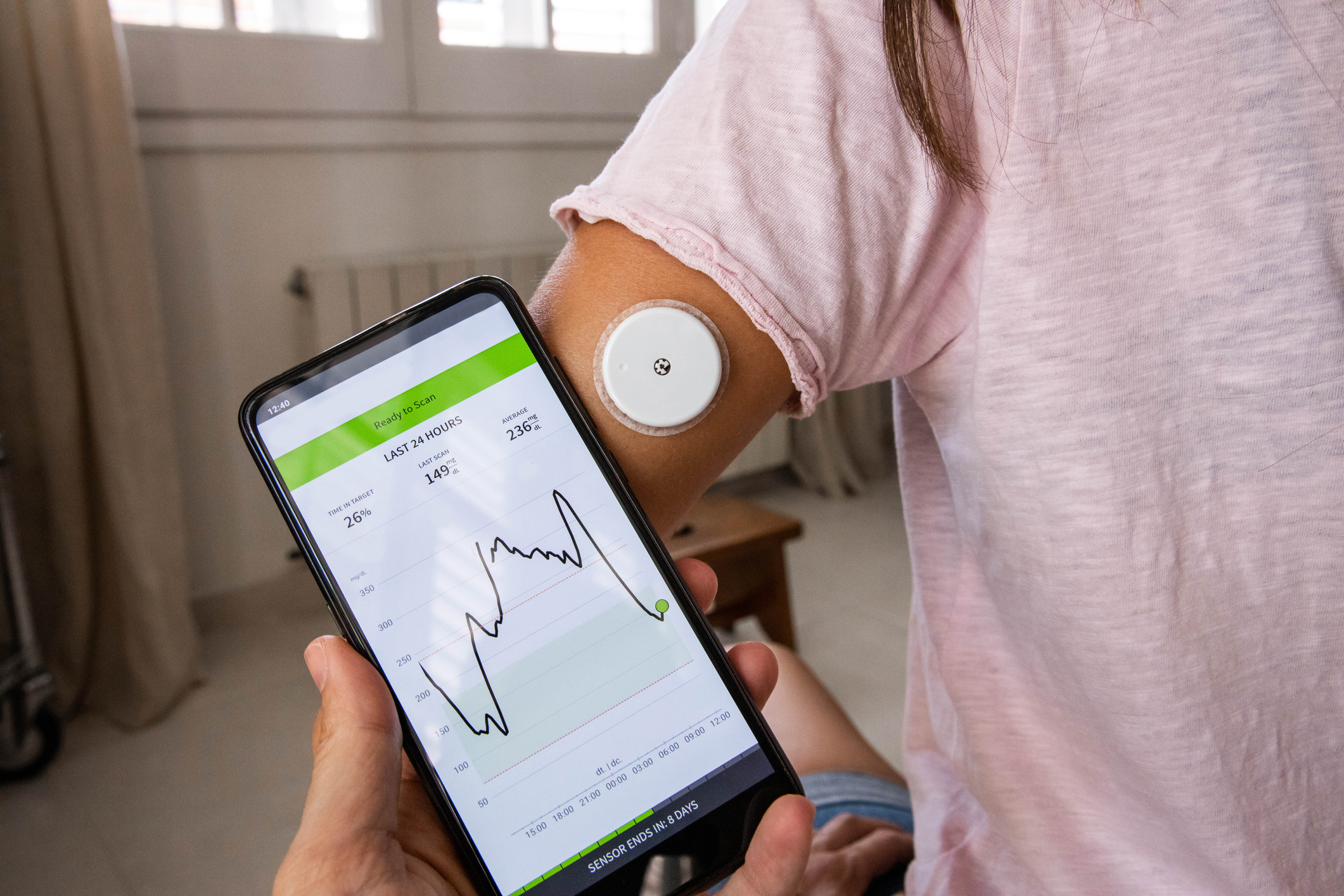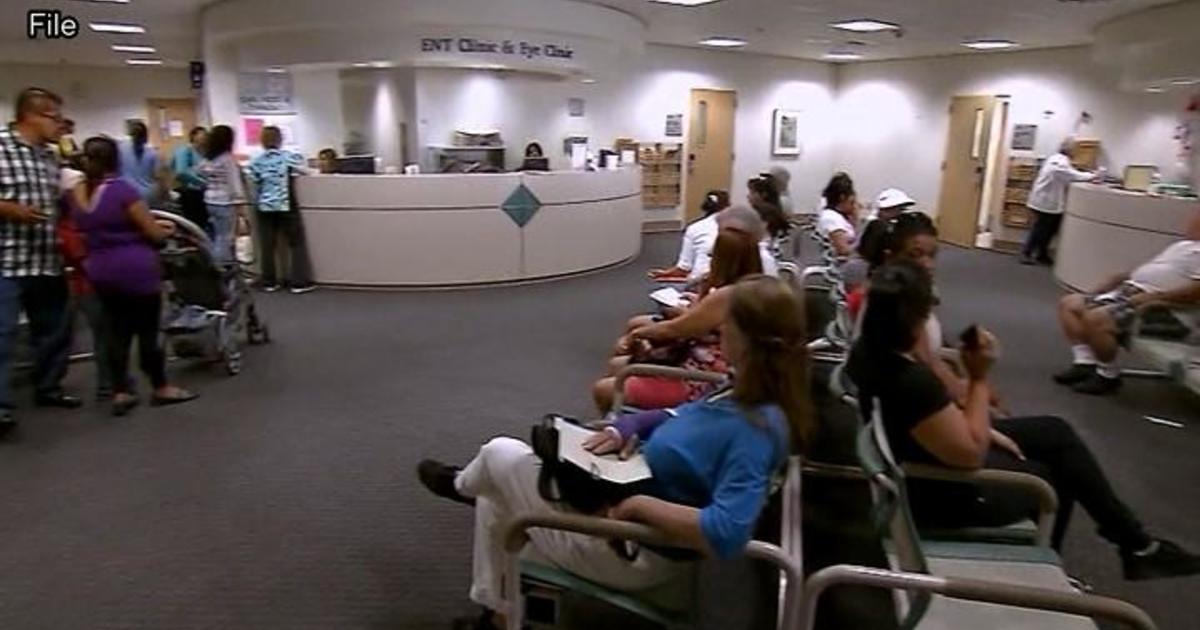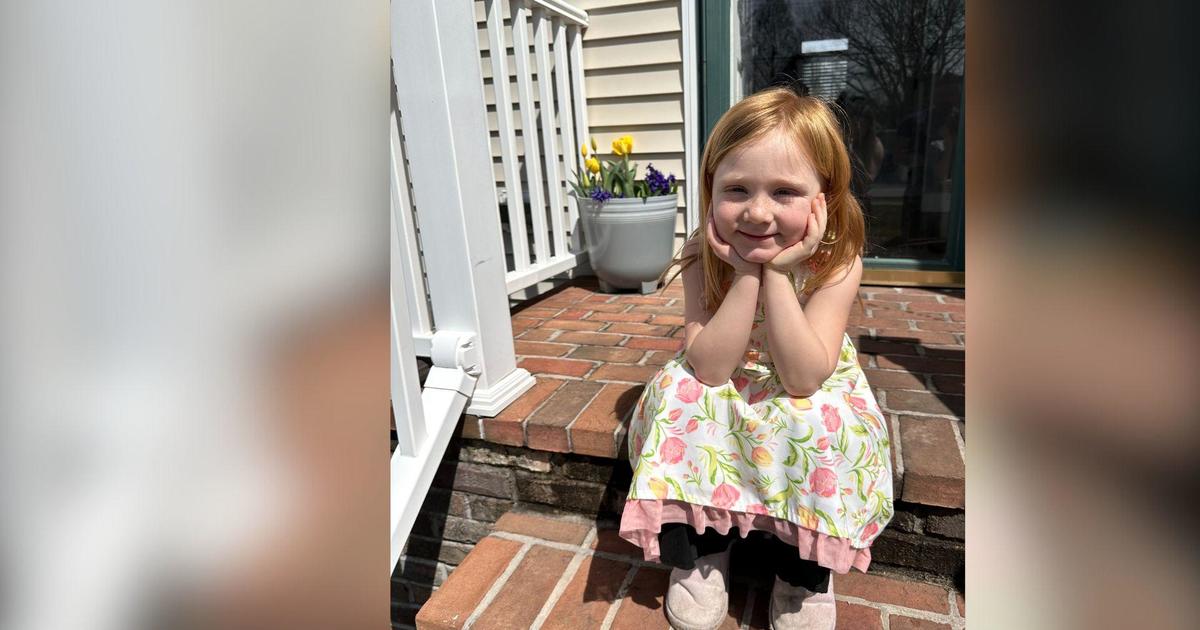Johns Hopkins Students Create Cancer Treatment Patch That Sends Data To Smartphones
BALTIMORE (WJZ) -- Johns Hopkins University students have created a sensor that can detect lymphedema in its early stage, which could spare thousands of people per year from experiencing some of the pain associated with cancer treatment, according to university staff.
A group of six graduate students from the university's Center for Bioengineering Innovation and Design program has developed a patch-like sensor that detects the gradual buildup of lymphatic fluid in the extremities, according to university staff.

The patch-like sensor is called LymphaSense. It allows people to test their fluid levels at home in about as much time as it takes them to brush their teeth, staff said.
The students started developing the sensor last year, adapting technology currently used to detect IV infiltration, staff said.
Breast cancer patients and other people who are at risk of contracting lymphedema can apply the patch to their skin, and then a combination of biosensors will detect any trace of fluid build-up.
Bluetooth technology then sends the data to the smartphones of the patients and to their doctors, allowing them to monitor the measurements, according to university staff.

"We considered a ring, a bracelet, and a cuff, but lymphedema can impact any part of the body, so a patch was the most feasible option," Jennifer Schultz, one of the group of the co-leaders said. "We created a solution that's effective, affordable and could be used anywhere."
Currently, people at risk for lymphedema can only be tested at clinics or hospitals, staff said.
But by the time patients receiving treatment begin to notice something is wrong, it is typically too late to do anything about it, according to university staff.
But the condition is treatable if it is caught early, staff said.
Some patients are told to keep an eye on sensitive areas with a tape measure, which makes detecting the earliest signs of the disease inconvenient if not impossible, according to university staff.
"The students on this team spent hundreds of hours in clinical rotations and discussions with doctors, nurses and patient advocates which helped them develop a deep understanding of the clinical need and the constraints within which a solution like the sensor must operate," Youseph Yazdi, an assistant professor of biomedical engineering, said. "The students also learned what it takes to develop a solution that's successful commercially, so that, most importantly, it has a chance to get developed and actually help patients."
Yazdi is CBID's executive director and a faculty mentor for the team.
Now, students are preparing to conduct a clinical study in the summer. Following the study, students will submit an application for the tool to the Food and Drug Administration in the hopes that it will be available for medical use by 2025.
Earlier this year, the students took fourth place in the 2022 Rice Business Plan Competition and won the event's TMC Innovation Healthcare Investment Prize: $250,000, according to university staff.
The students have also won nearly $15,000 from other competitions, staff said.



